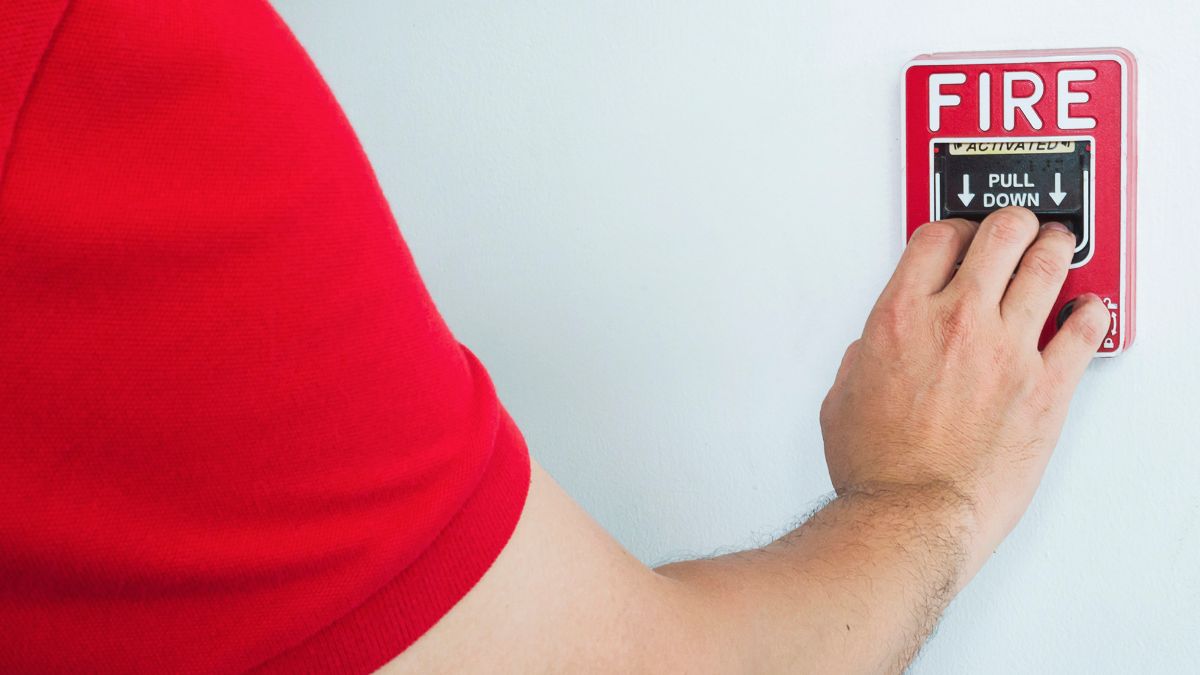Fire alarms aren’t a new invention by any means, but they are more important than ever before. With all of the innovative technology in existence today, fire alarm systems have become even more robust. Not only can they sound a loud siren when there is danger, but advanced models can also determine the type of fire present and its location. They might also be able to take charge of ventilation for improved safety too. Join us as we explore why every home needs an up-to-date fire alarm system with modern capabilities!
Different types of alarms
There are two main types of fire alarm systems: those that use wired connections and those that are wireless. Hardwired alarms are usually the best option because they’re less likely to experience interference from things like power outages or electromagnetic fields. However, they can be more difficult to install because each individual alarm needs to be connected to the main control panel. Namely, you can choose to contact FireLink Direct or do your own research about the best wireless interlinked smoke alarms & heat detectors out there. Wireless alarms are becoming more popular because they’re much easier to install. You can simply place them where you want them and they’ll automatically connect to the control panel. Just keep in mind that they might not be as reliable as wired alarms during a power outage.
Quick smoke detection
One of the most important aspects of any fire alarm system is its ability to quickly and accurately detect smoke. This is usually done with sensors that are placed strategically throughout the home. When these sensors pick up on even a small amount of smoke, they send a signal to the control panel which then triggers the alarm. Some advanced models also have the ability to send an alert to your smartphone or other mobile devices so that you can take action even if you’re not at home. While all smoke detectors are designed to detect fires, some are better at it than others. ionization smoke detectors tend to be more sensitive and can pick up on smaller particles of smoke. This makes them better at detecting fast-burning fires. On the other hand, photoelectric smoke detectors are less likely to cause false alarms because they only activate when there are larger amounts of smoke present. These are better at detecting smoldering fires that might not produce a lot of smoke right away.
Early detection is key
Another important factor in choosing a fire alarm system is its ability to detect fires early. The sooner you are aware of a fire, the better chance you have of putting it out or getting to safety.
Some systems even come with special features that can help to identify the type of fire that is present. This information can be incredibly valuable in helping you to make the best decisions for your safety. For instance, if the system detects a fast-burning fire, it might automatically open windows or turn on fans to help ventilate the area and prevent the spread of smoke.
So, there you have it! These are just a few of the technical aspects that you should consider when choosing a fire alarm system for your home. Keep in mind that early detection is key, so be sure to choose a system with robust smoke detectors and other features that can help you stay safe.

